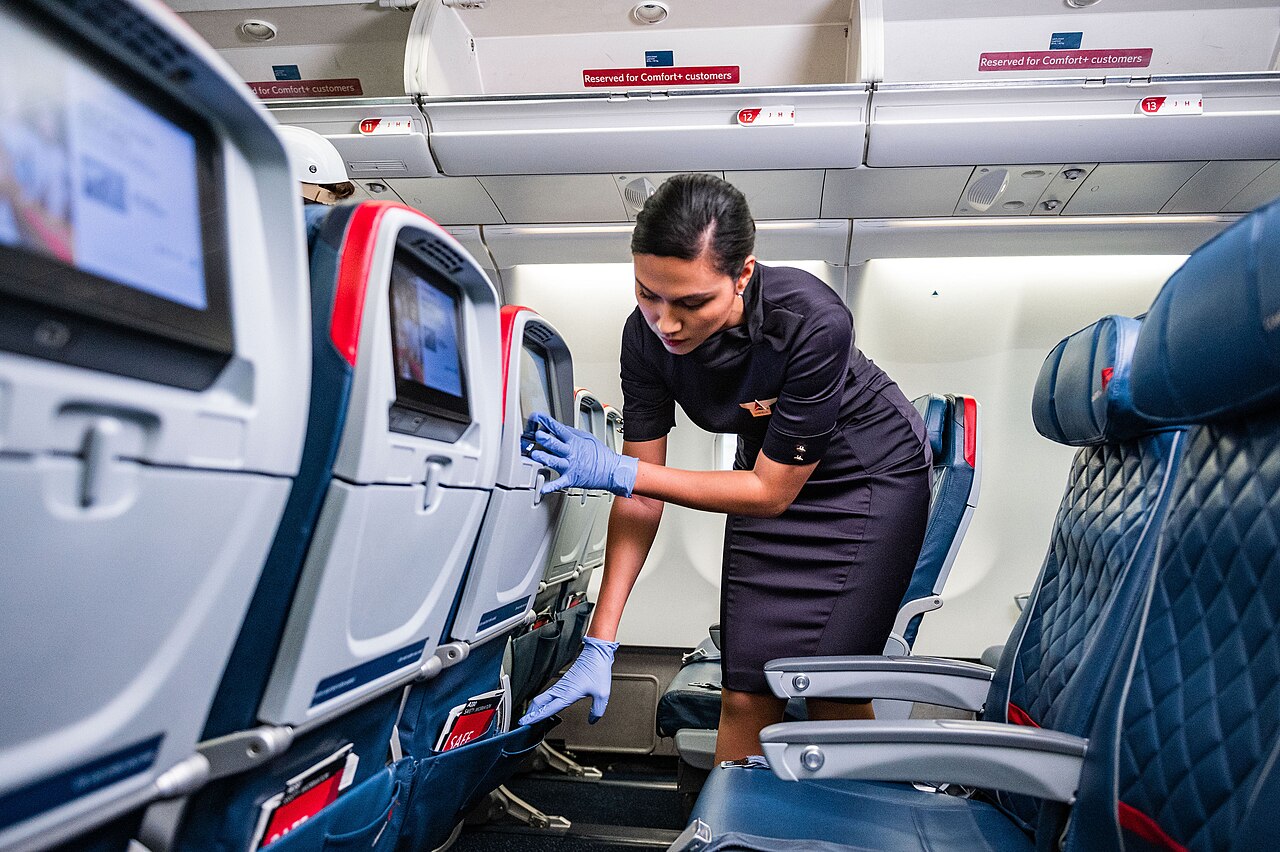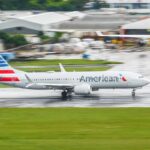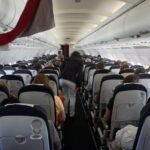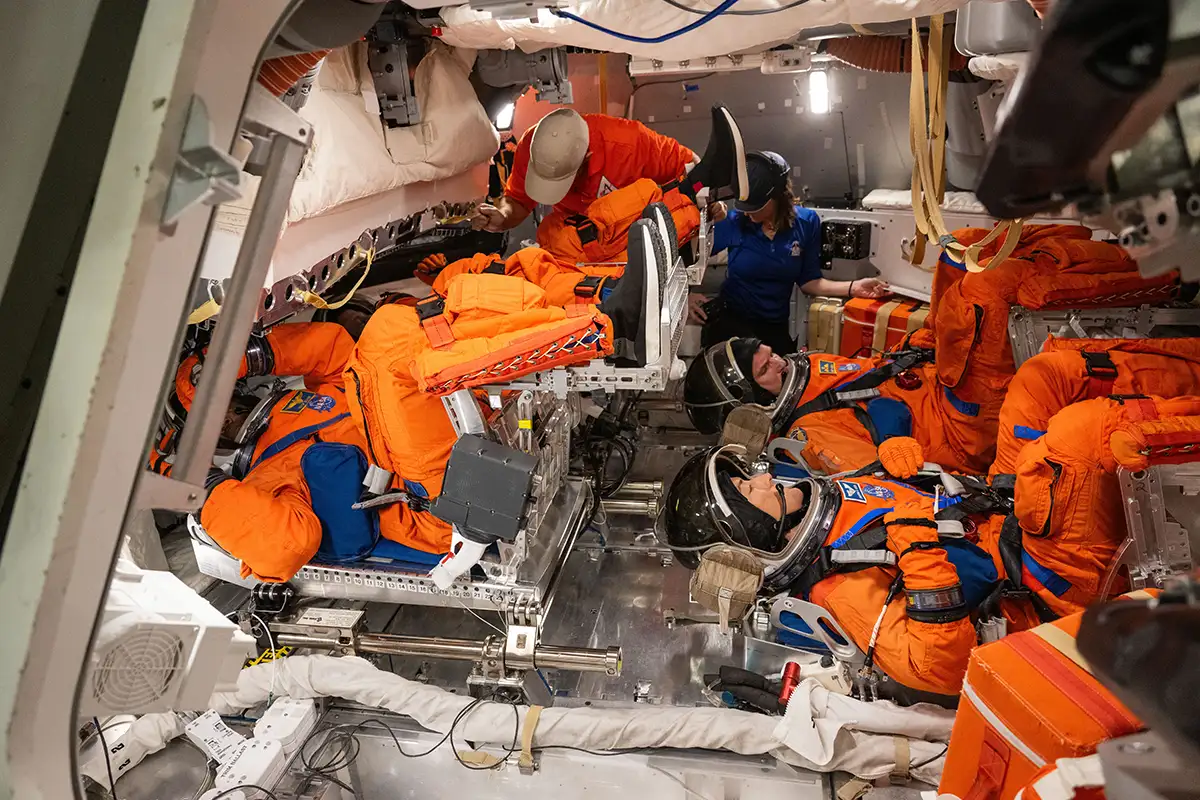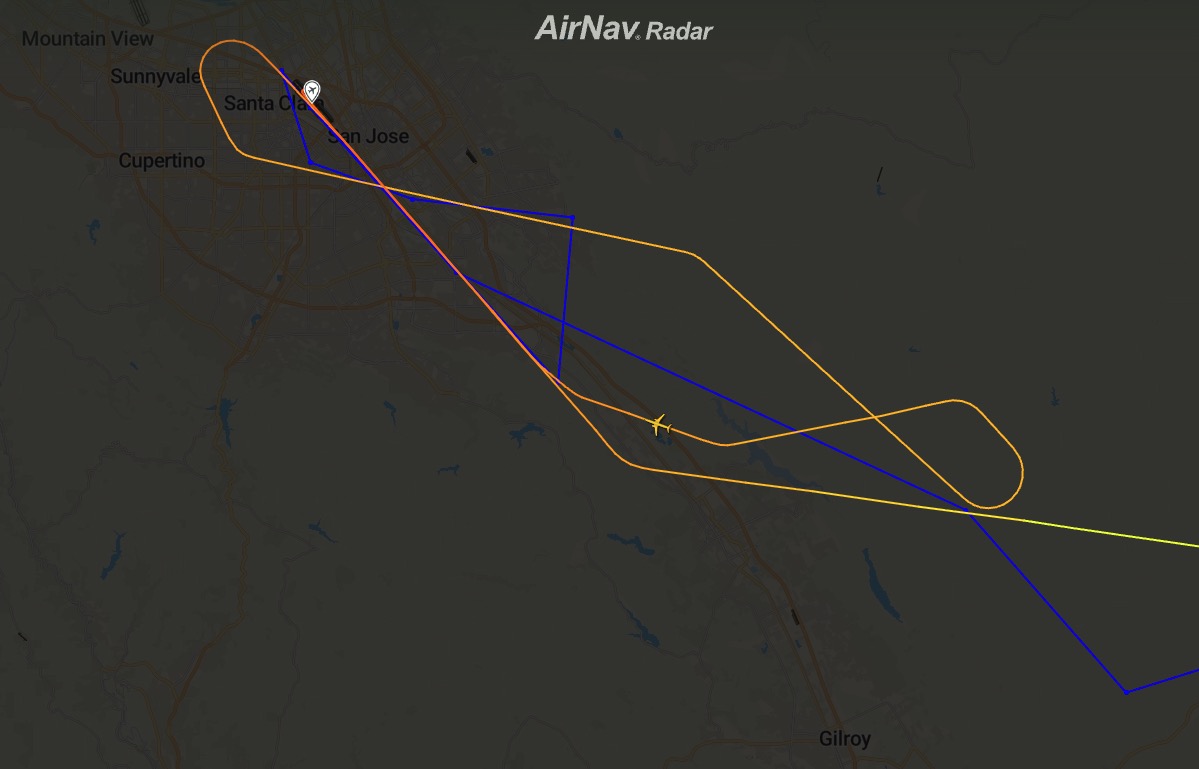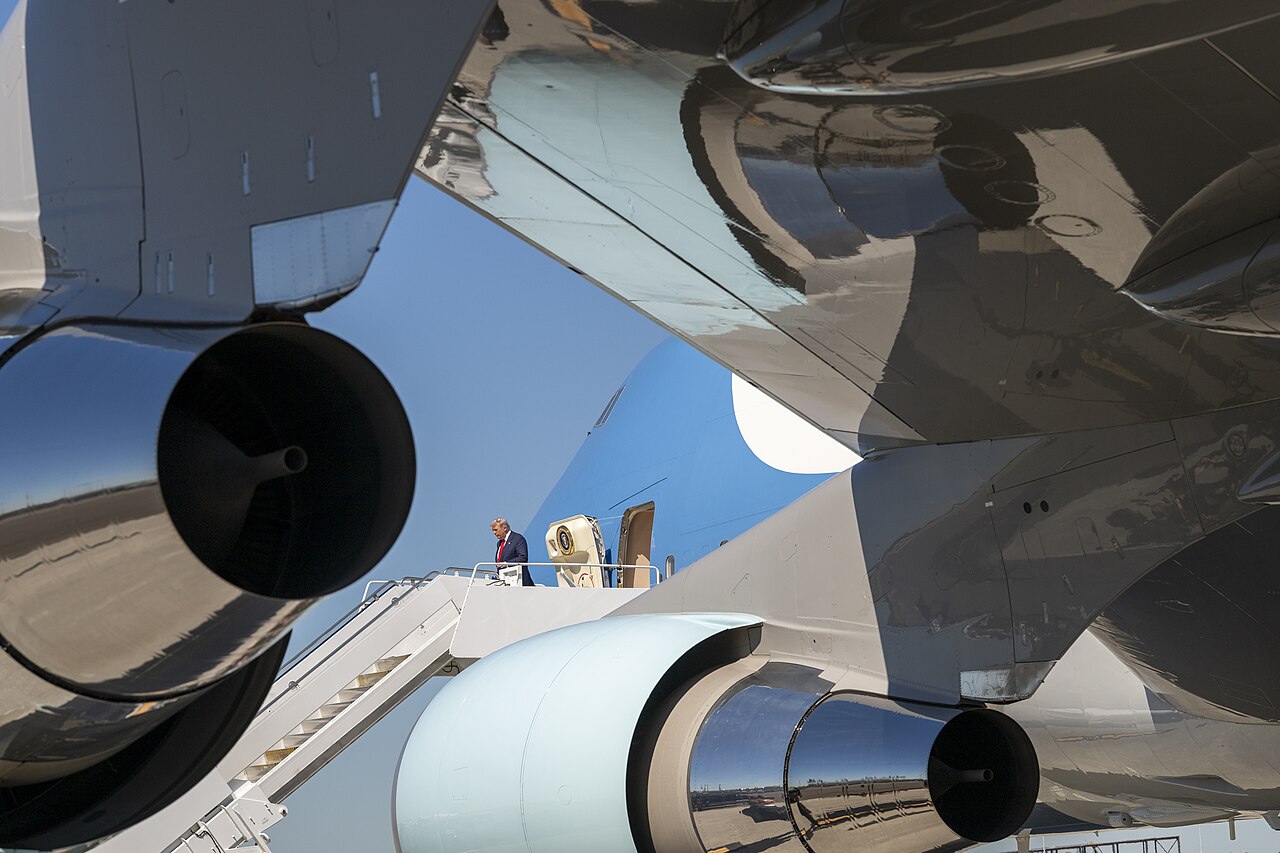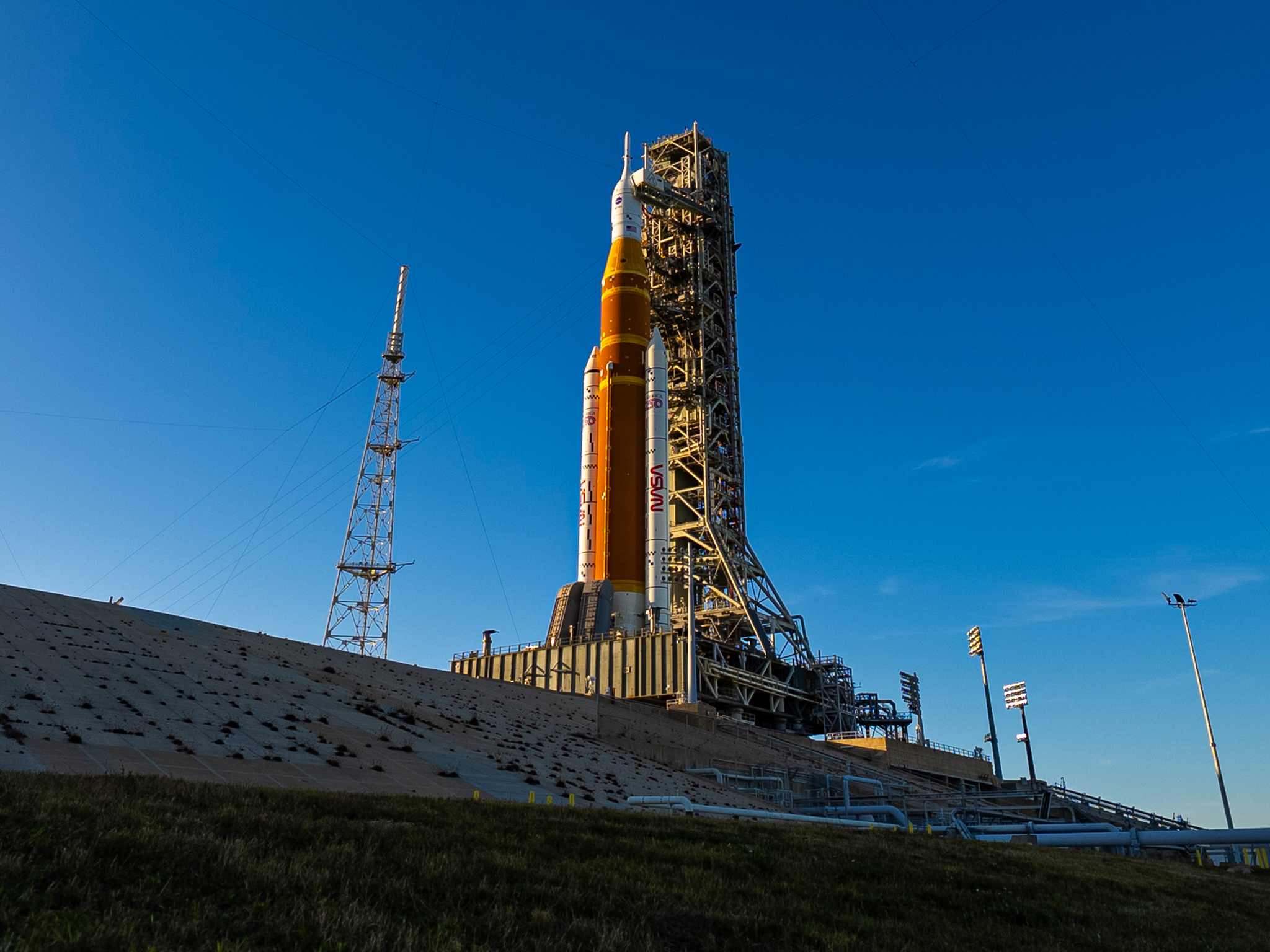Delta Air Lines’ decision is a direct response to the unpredictable and shifting tariff landscape under the Trump administration.
In January 2024, Delta Air Lines placed an order for 20 Airbus A350-1000 aircraft, marking a significant expansion of its international fleet. However, recent U.S. tariff policies under the Trump administration have led Delta to reassess this order.
The Trump administration’s shifting tariff policies have created confusion and uncertainty in the aviation industry. While aerospace products were traditionally exempt from tariffs under the 1979 zero-duty trade treaty between the U.S. and Canada, recent threats and delays in implementing tariffs on Canadian and Mexican imports have disrupted supply chains.
In response to these developments, Delta’s CEO, Ed Bastian, stated that the airline would not accept aircraft deliveries subject to tariffs and suggested deferring such orders. He emphasized that absorbing the costs associated with these tariffs is not economically feasible for the company.
This stance aligns with Delta’s previous actions to mitigate tariff impacts. In 2019, to avoid U.S. tariffs on European-built Airbus jets, Delta rerouted new aircraft deliveries to international locations such as Amsterdam, Tokyo, and El Salvador before bringing them to the U.S., effectively sidestepping the tariffs.
The ongoing trade and tariff uncertainties have led Delta to withdraw its 2025 financial forecast and suspend planned flight expansions for the latter half of the year. The airline cites weakening corporate and consumer confidence, reductions in government workforce, and volatile economic conditions as factors influencing this conservative approach.
